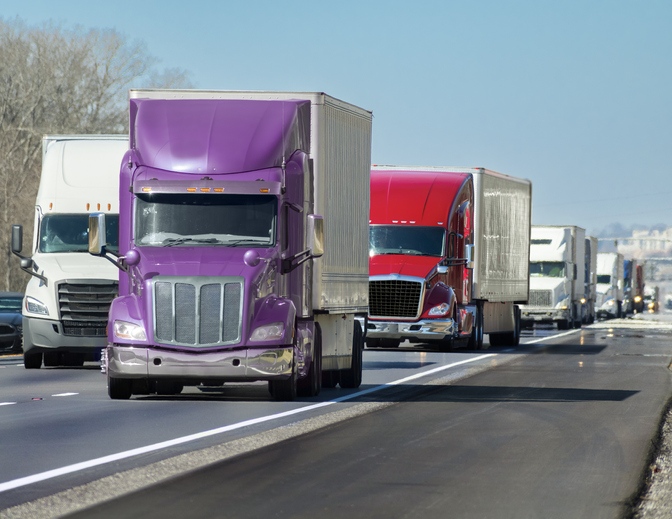Stephens Law Firm | March 20, 2023 | Truck Accidents

Just as planes have “black boxes” that record information investigators can use to understand the cause of an aviation accident, commercial vehicles often have a “Heavy Vehicle Event Data Recorder” (HVEDR).
Although HVEDRs are not specifically designed to capture data in the event of a crash, these devices do take regular automatic snapshots of a truck’s performance; a crash can trigger an event recording on many models.
In the event of an accident, this data can show what went wrong. This information can be extremely valuable in helping to prove a claim against the truck driver.
What Kind Of Information Does The HVEDR Store?
There are differences between HVEDR manufacturers. Generally speaking, HVEDRs draw information from sensors placed in locations throughout the vehicle, such as the transmission tail shaft, the throttle, the engine crankshaft, the brakes, and the clutch pedal.
The data captured by these sensors may include:
- Seat belt usage
- Airbag faults
- Longitudinal collision accelerations
- Vehicle speed
- Brake usage
- Vehicle position history
- Active and historic diagnostic codes
This data may provide helpful information about how a truck crash occurred and who is at fault.
Can HVEDR Data Be Accessed By The Plaintiff In A Personal Injury Case?
After an accident, technicians employed by the truck’s owner usually download and analyze a vehicle’s HVEDR data. Responding law enforcement may also download the information, depending on the type of HVEDR system in the truck and the state of the vehicle after the accident.
HVEDRs are not usually designed to store data permanently, and data may be lost during truck repairs. Just restarting the ignition can sometimes be enough to wipe out the storage. This leaves a short window of time for the retrieval of crucial information.
If the police have accident data from an HVEDR, they will usually share it with the injured party upon request. But often, the police do not have the time or resources to download and secure the HVEDR data. Hence, the injured party needs an experienced lawyer who understands the importance of taking immediate action to ensure the data is preserved as evidence.
An injury lawyer will typically locate the commercial truck, contact the trucking company, and retain an expert to help download the HVEDR. If the trucking company refuses to cooperate, the lawyer will need to file a lawsuit to gain access to the HVEDR and other critical evidence such as dash camera video.
What Should You Do After A Trucking Accident?
Trucking-related accidents can have serious legal and financial consequences, as well as debilitating injuries. If you’re involved in an accident with a truck, remember that time is of the essence — HVEDR data can be lost and other evidence, such as witnesses’ memories, can also fade.
You need an experienced attorney who understands these stakes and will know how to make a strong case on behalf of you and your family. Attorney Jason Stephens at Stephens Law, PLLC, has helped hundreds of other trucking accident victims, and he can help you.
Contact Our Car Accident Law Firm in Fort Worth, TX
If you’ve been injured in an accident in the Dallas – Fort Worth area and need legal help, contact our Fort Worth truck accident lawyers at Stephens Law Personal Injury | Wrongful Death | Truck Accidents to schedule a free consultation.
Stephens Law Personal Injury | Wrongful Death | Truck Accidents
1300 S University Dr # 300
Fort Worth, TX 76107
(817) 420-7000
